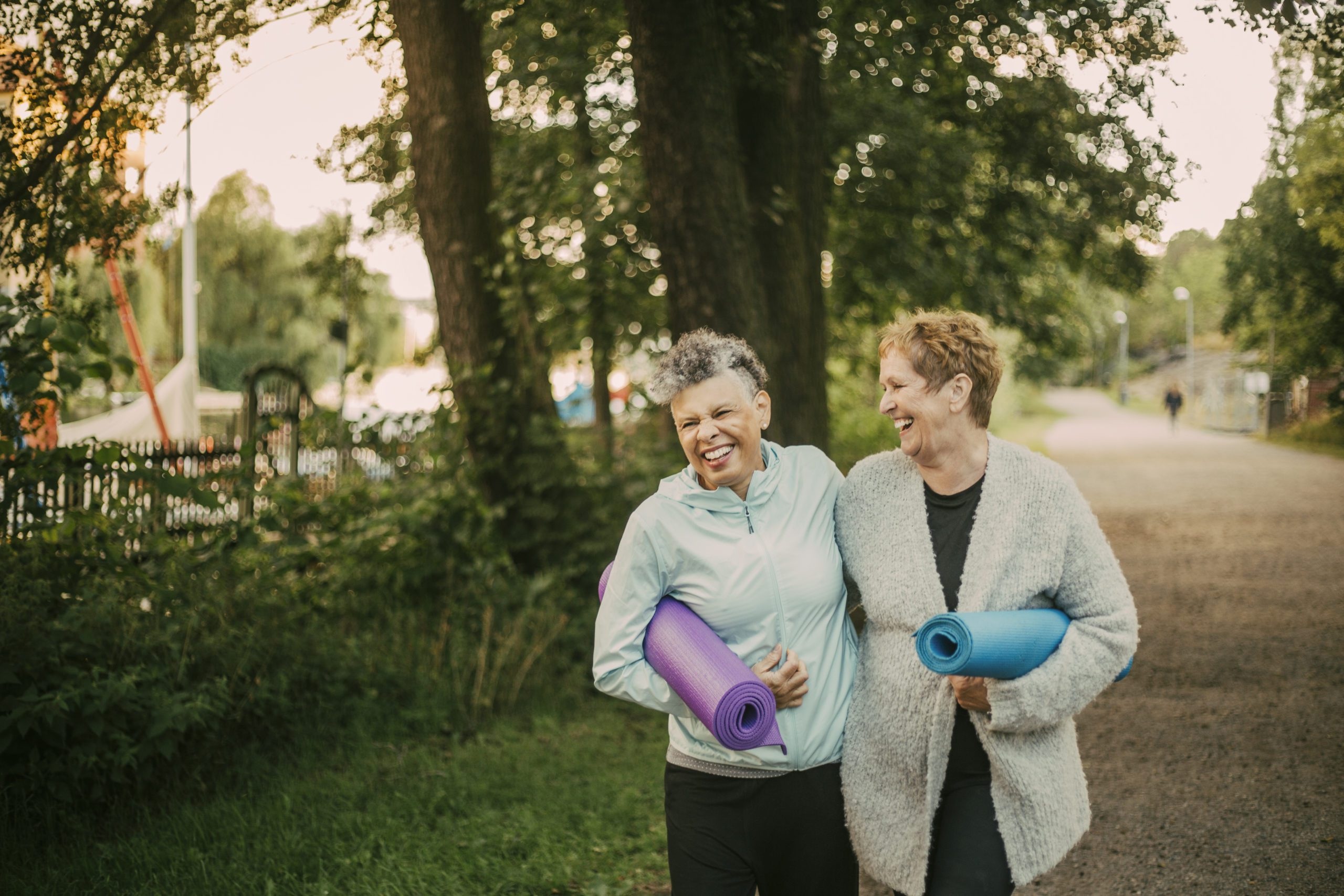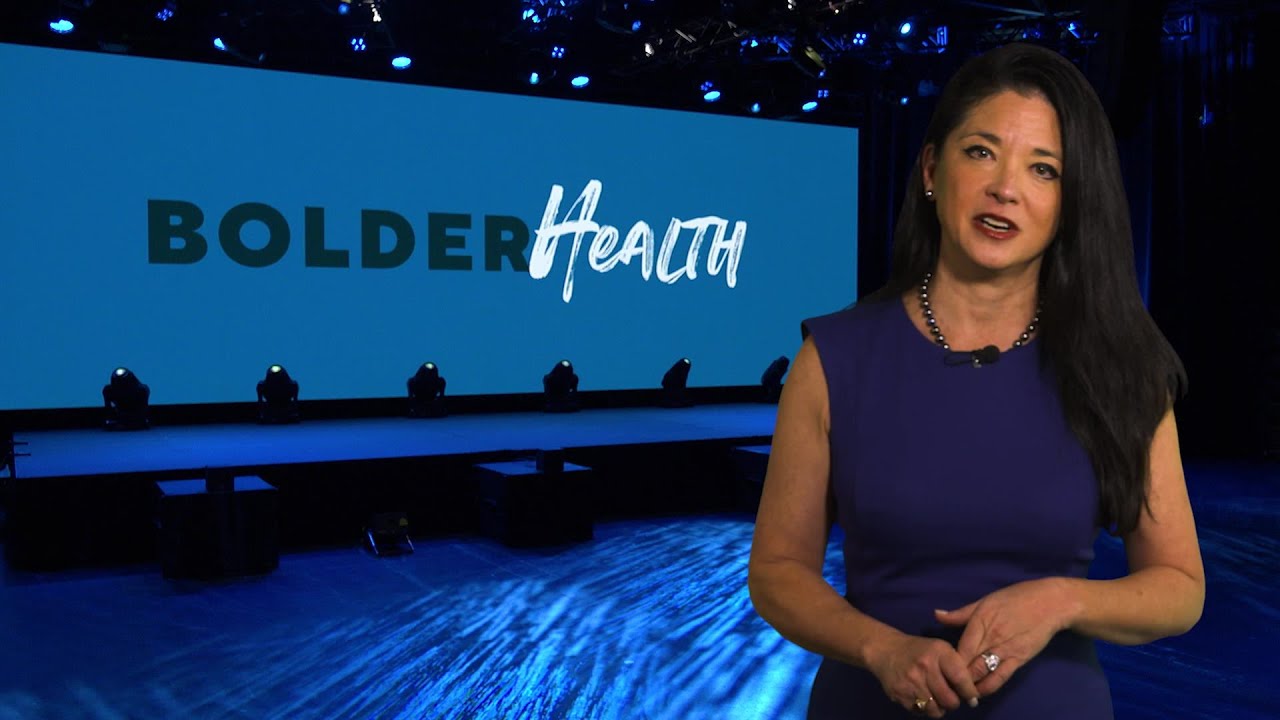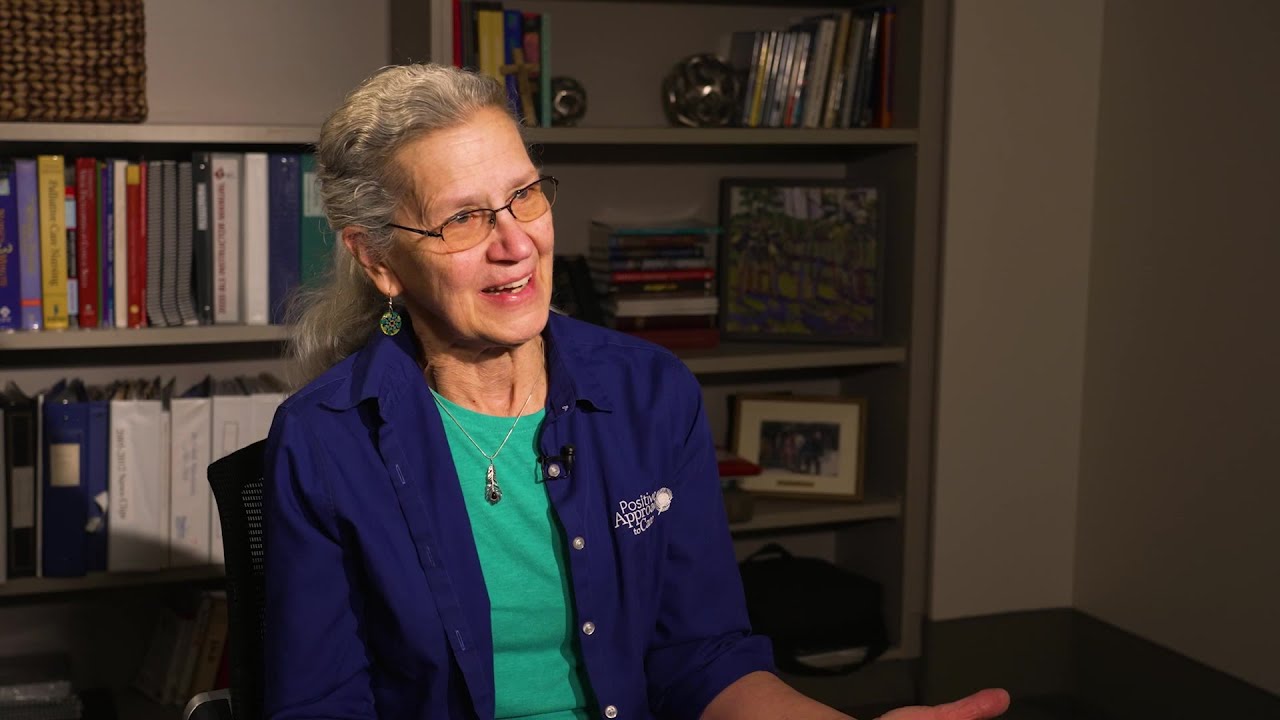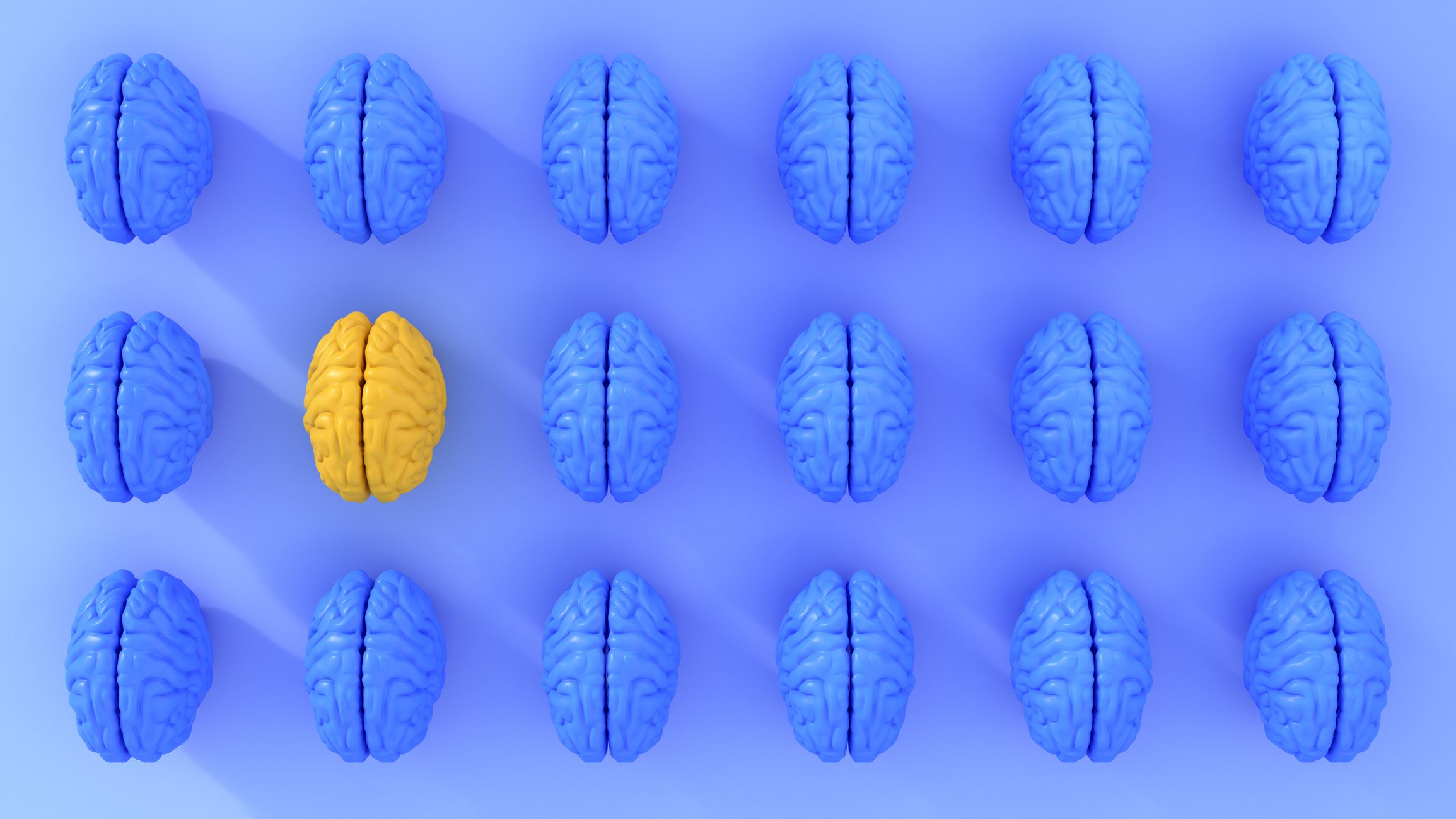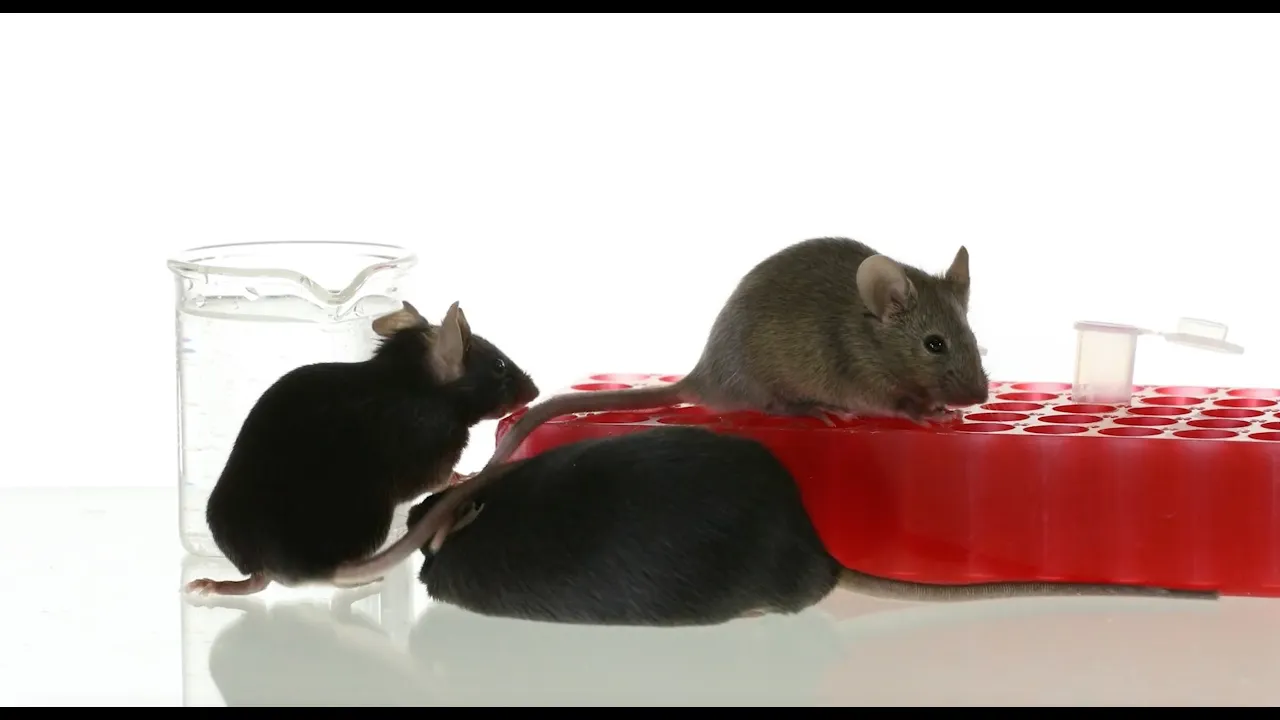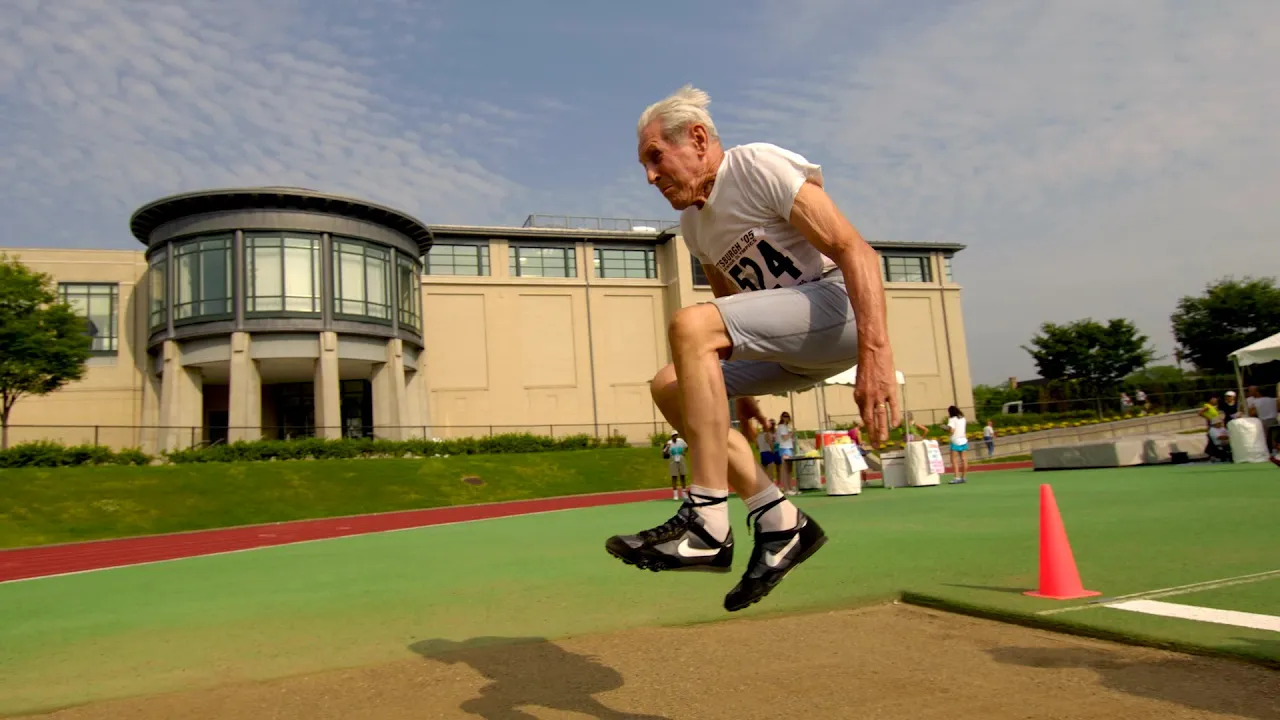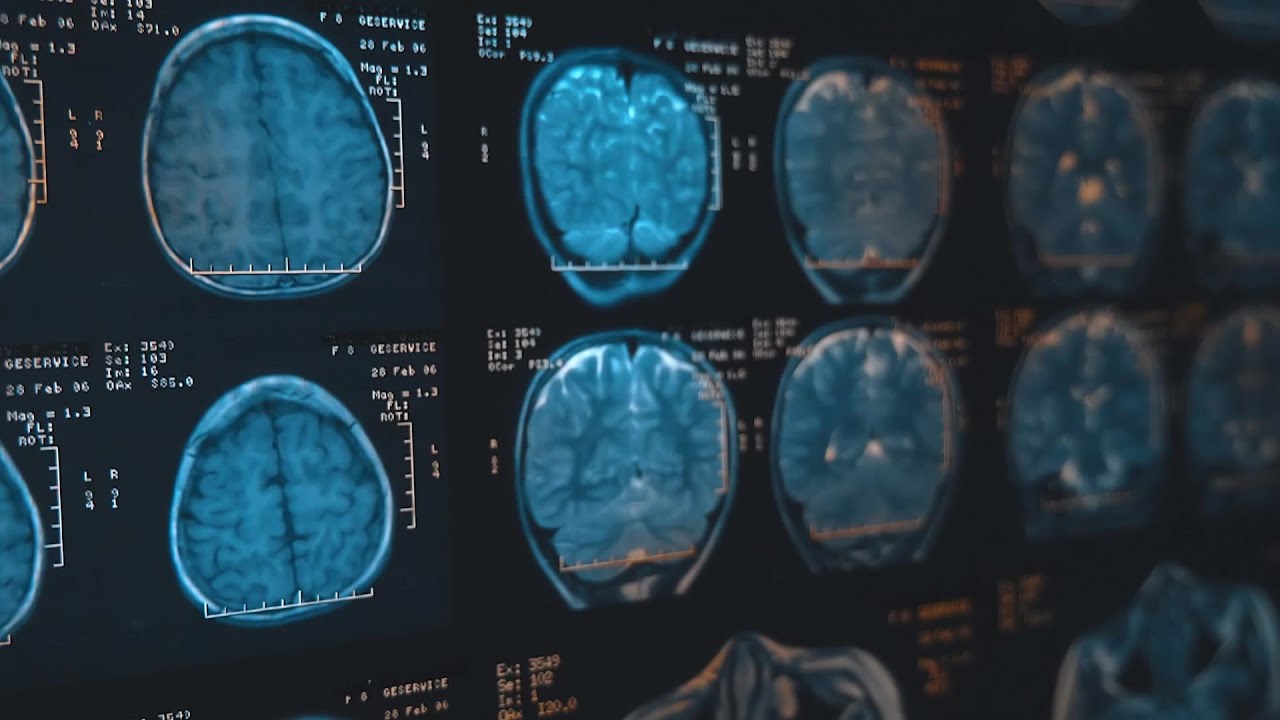Last Updated on June 19, 2023
Thanks to advances in modern medicine in recent years, doctors are better able to help prolong our lifespan. However, in interviews with doctors, physical trainers, and authors, Growing Bolder found a powerful lesson: There are natural disease-prevention strategies that extend our health span, reducing the need to use medicine after the fact.
1. Add specific foods into your diet
Dr. William Li, a physician and scientist, spent over 25 years developing medicines, including 34 approved drugs to treat cancer, vision loss and diabetes. Li wrote the book, “Eat to Beat Disease,” to educate the world on the preventative powers of “good foods.”
“We spend way too much time treating disease, the horse out of the barn, rather than preventing them,” Li said. “If you want to prevent disease, you can’t really use medicines; and there is no better approach than using food.
“We tested cancer drugs and anti-inflammatory drugs, and then we threw foods in the same system; and low and behold, in many cases the foods went head-to-head, and in some cases, beat the drugs themselves.”
Li’s book covers over 200 foods. Here are some specific ones Li recommended during our interview:
- Broccoli sprouts. “When it comes to immunity, the baby broccolis, 3- or 4-day-old sprouts, contain a natural chemical called isothiocyanates. If you put them in a shake, and this was done in a clinical study, and you gave it to people who were getting a flu vaccine, the people who had the vaccine and drank the shake improved immunity by 22 times.”
- Tomatoes. “Eating 2 to 3 cups of cooked tomatoes (weekly), a half-cup serving (at a time), can lower the risk of prostate cancer by almost 30% in men.”
- Soybeans. “A natural chemical in soy cuts off the blood supply feeding breast cancers. A study of 5,000 women showed that having 10 grams of soy protein a day lowers the risk of death from breast cancer by about 30%.”
- Purple potatoes. “Purple potatoes kill cancer stem cells. We can’t even do that with pharmaceuticals, but we can do that with purple potatoes, which is pretty amazing.”
- Nuts. “Pecans and walnuts are among the best (snacks) in terms of fiber to help feed our gut bacteria defense system as well as healthy omega-3s.”
2. Exercise daily
James Hicks is an integrative physiologist with a doctorate in biomedical sciences. For nearly 30 years, he has been a professor of ecology and evolutionary biology at the University of California in Irvine and has authored more than 120 articles on the science of aging. Hicks joined Growing Bolder to explain how daily exercise can act as medicine for our bodies.
“We can’t change our chronological age, but we can actually adjust our physiological age,” Hicks explained. “Many studies have shown that we peak in terms of our physiological capacity around 30 years of age. Then, there is a decline. Previously people used to think, ‘Well, that decline was inevitable,’ and you just declined along some slope. But what we know now is that that slope is not fixed. It can be adjusted, and we can improve our physiological capacity primarily by remaining active, physically active, throughout our entire life. It never ends. You can be sedentary most of your adult life and suddenly start to exercise regularly, and you will improve your physiological capacity and function.
“Exercise not only helps prevent disease, but it actually can alter disease trajectories. That’s what I focus on in class and how regular physical activity can be used as a medicine.
“The better overall level of fitness, the more resilient you will be in terms of dealing with, setbacks that we all deal with as we age. I love the term prehabilitation, because it really is helping you deal with some of the things that will occur during life. And the better shape you’re in, the better cardiorespiratory fitness, the more you move, the better you’re going to be in terms of dealing with those.”
3. Ease into vegetarian meals
Vegetarian diets have been studied as an option to prevent disease for years, such as reports by the American Dietetic Association and The European Association for the Study of Obesity.
Chef Hari Pulapaka is a restaurateur and author of the book, “Dreaming in Spice: A Sinfully Vegetarian Odyssey.” Although he has exclusively eaten a vegetarian diet for over 21 years, Pulapaka recommends people start small and try to slowly ease into a more plant-based diet.
“A small baby step could be as simple as one meal a week. For one meal a week, as much as you are dreading it, don’t consume anything but plant-based stuff. It could be a salad, but there are so many more interesting things out there. It could be a pasta dish. It could be a pizza, it could be whatever. So, don’t deprive yourself and feel like you have to eat the healthiest thing in the world, and you’re going to hate it because you can’t wait to have that big steak the next day,” Pulapaka told Growing Bolder.
“In the process, you’re getting a taste of dishes and ingredients that normally you wouldn’t even give much time to, but your body is going to thank you for this. Fold in some exercise, fold in some activity in your life. So, you take away one or two things that you enjoy a lot, that of all the things you enjoy, replace them with one or two things that are for sure plant-based and healthy and less in oil, maybe no oil even, no sugar, low in salt.”
4. Listen to your body
Dr. Frank Lipman is the founder of the Eleven Eleven Wellness Center in New York City and is the author of six bestselling books, including. “The New Rules of Aging Well.” Along with a focus on eating less and exercising more, Lipman urges people to listen closely to the signals that our body can send us daily.
“I think genetic testing is extremely helpful. I think blood testing is extremely helpful. But ultimately, one really needs to listen to one’s body, which most of us find very difficult. If you’re putting on weight, if you’re not feeling vital, if you’re not sleeping well, if you’re having more aches and pains, you need to look to see why things are not working as well as they should,” Lipman explained to Growing Bolder.
“The metaphor I always use, if you’re driving your car and the oil light goes on, you don’t put a Band-Aid over the oil light. You see why the oil light goes on. If you’re starting to have symptoms in your body, which happens as you get older, you’ve got to see why you’re having those symptoms. Why is that oil light going on? Functional medicine looks at what are the underlying causes of why you present with problems. But ultimately, you got to look at what you’re eating, how you’re sleeping, how you’re dealing with stress, how you’re moving your body. All of these factors are going to affect how you feel.”
5. Find guidance and coaching
While thinking about potential health risks may seem intimidating, the good news is that there are countless resources available to help us every step of the way. For some, this simply means finding a good book focused on diet or exercise. But in this current age of advancing technology, we now have access to health and lifestyle coaches in the palm of our hands.
Jillian Michaels is best known for her role on the TV show, “The Biggest Loser,” but she is also a bestselling author and runs her own company called “Empowered Media,” which creates nutritional, fitness and self-help products. Now, she is available for coaching through your phone with her new “Jillian Michaels: Fitness App.” She says that when it comes to committing to the healthy choices that can help prevent disease and issues like obesity, what people really need is social guidance.
“Weight loss, weight management, fitness is a very simple science. I can make it so simple for you, it’s ridiculous,” Michaels told Growing Bolder. “The benefit of a gym goes without saying. People want to be around other people. It’s social. That’s the success behind so many cult fitness trends like a Rise Nation, a SoulCycle, a CrossFit class. People need the community. So, yes, apps have forums and message boards. Mine does as well. So, people can find each other and find support. I even have a Facebook group that’s private, so people can help each other, find each other and so on, if they can’t afford the app.”
When it comes to battling health risks such as obesity, Michaels is clear on why her style of coaching has found so much success.
“My approach isn’t sympathetic. And I find sympathy to be a very dangerous message of false lethargy,” Michaels said. “Sympathy is, ‘Poor you, you just take the stairs. That’s all you need to do today.’ I think what that tells somebody is, ‘Oh, you’re so weak and you’re so incapable. You’re only capable of the bare minimum.’ And that to me is a very dangerous thing. Empathy is, ‘Look, I get it. It’s hard, it’s not easy, but you can do it, and you want to do it, so let’s do it. So, put up or shut up. Let’s go.’ And that was very much the approach that was taken with me in martial arts. It was, ‘This is the person that you are capable of becoming, and I expect you to become that person.’”
Now that you’ve heard experts share their natural disease-prevention strategies, you can start living your best life. That’s what we call Growing Bolder.

